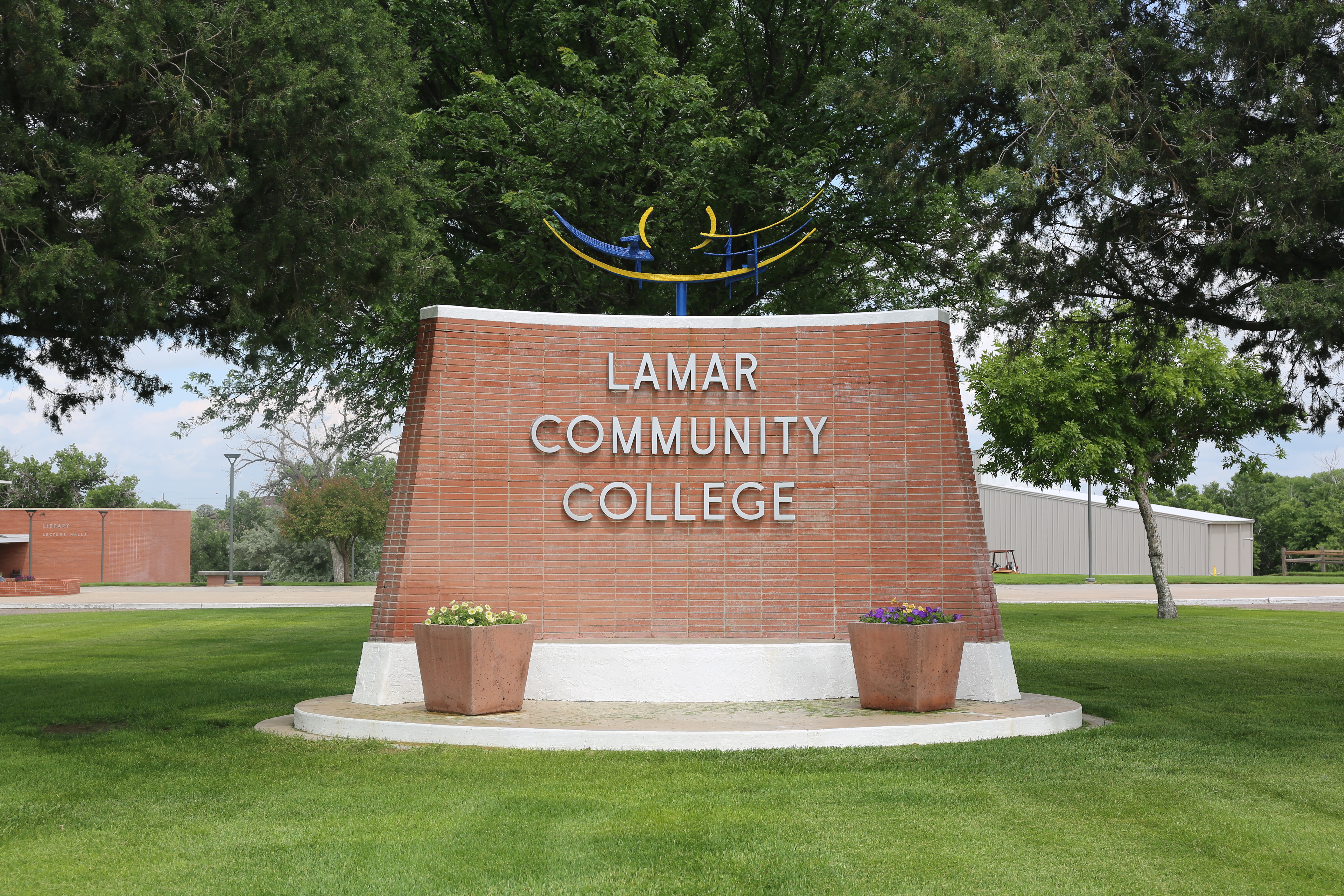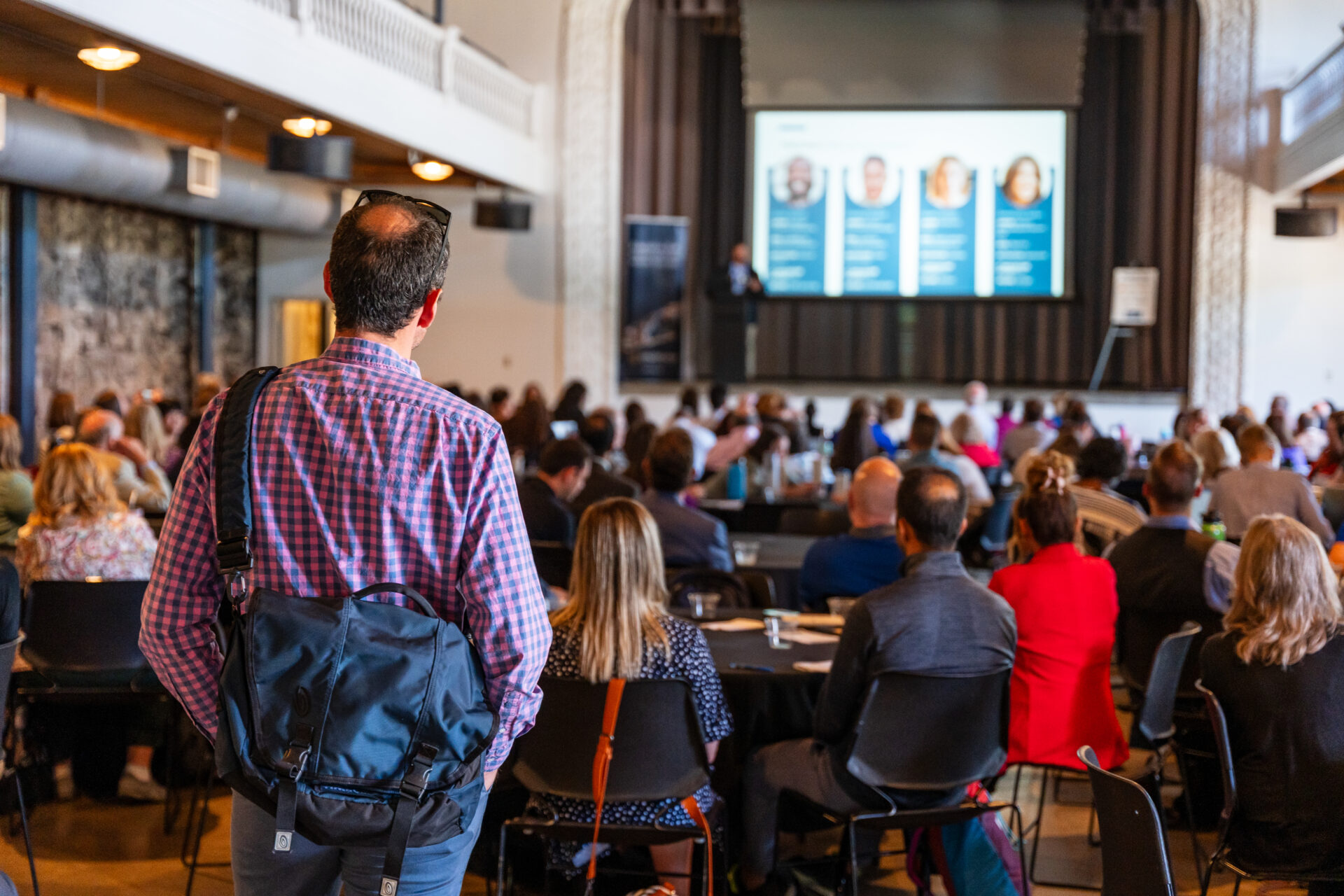Original article published in the Fort Collins Coloradoan on August 21, 2023. The article has been excerpted for length.
Colorado’s community colleges and public universities have created transfer agreements in 30 majors, including 26 that can be completed at CSU’s Fort Collins campus.
Savvy students have created these pathways on their own for decades, knocking out the general education requirements for many bachelor’s degree programs for a year or two at a community college before transferring over to a four-year university. But the classes they took didn’t always meet the requirements for the degree programs they chose, requiring many to retake similar courses when they reached the four-year school. Now, they can start bachelor’s degree programs in a wide range of subject areas at participating community colleges, taking courses using the same curriculum with the same
Admission to the university’s degree program is guaranteed for all who successfully earn the corresponding associate degree at the community college, and the diploma those students receive after completing the bachelor’s degree is identical to those received by students who take all the courses at the four-year school.
“It’s all about that seamless transition, right? And making sure that students know that when they start … there will be a seamless transition into CSU, and that we will be there to help and support them all the way through graduation,” CSU President Amy Parsons said at a news conference announcing a new transfer agreement in civil engineering with the state’s community college system in May.
How CSU, Front Range and more are making transfer programs work
CSU and Front Range and previously designed a transfer agreement between their two schools in mechanical engineering and are now working on ones with both University of Colorado and CSU in electrical and computer engineering, said Christy Wallert, FRCC’s
engineering coordinator.
Students earning an associate degree in engineering at FRCC can move on to complete bachelor’s degrees in general engineering at the Colorado School of Mines and civil or mechanical engineering degrees at CSU or CU’s main campus in Boulder. The community college instructors work directly with the faculty in the university degree programs to ensure instructional materials and course objectives match what is being taught to first- and second-year students on their campuses, said Christy Wallert, coordinator of FRCC’s engineering program.
All the classes students need to transfer into the mechanical engineering programs at CU, CSU and Colorado School of Mines are available on all three FRCC campuses, each with its own engineering center, she said. Courses specific to the civil engineering transfer agreement with CSU are all taught on the Larimer Campus, but most can be completed remotely with the exception of one hybrid option that would require an in-person lab one day a week in Fort Collins.
So many of our students come to community colleges with the idea of moving on to a four-year university. Agreements like this really make it much easier, much clearer for our students.
FRCC had 479 students working toward associate of engineering degrees on its three campuses last spring, Wallert said. Of those, 297 were in general engineering, 140 in mechanical engineering and 42 in civil engineering. A handful of students even graduated with the associate of engineering degree in May, she said, having successfully completed enough of the required courses before the program was launched last fall to complete it in two semesters.
FRCC also has specific agreements in place with CSU in hospitality and event management and fermentation and food science, spokesperson Jessica Peterson said, and offers the courses required for students to seamlessly transfer into bachelor’s degree programs at CSU and other four-year universities in the state in more than 20 other subject areas through agreements with the Colorado Community College System.
Aims Community College, which has campuses in Greeley, Loveland and Windsor, is not part of the 13-college, 38-campus Colorado Community College System but participates in many of the transfer agreements, according to a detailed listing on the Colorado Department of Higher Education website. The state’s community college system serves about 110,000 students a year, Chancellor Joe Garcia said.
“So many of our students come to community colleges with the idea of moving on, moving on to a four-year university,” he said at that May news conference in Fort Collins. “Agreements like this really make it much easier, much clearer for our students.”
Although the partnerships cover a wide range of subject areas, from anthropology to psychology, many have been tailored to meet the state’s workforce needs, he said.
Transfer programs ‘make impacts on people’s lives like mine’
While the articulation agreement with CSU in civil engineering wasn’t formally signed until that news conference in Fort Collins in May, FRCC students were able to declare their intent to participate and begin taking the required courses last fall, Wallert said.
Holly Michaelson was one of those students.
She already had a bachelor’s degree in another field, traveled the world for a few years and came back to the United States for what she believed would be a stable and lucrative career, only to be laid off after several years in 2020.
She was determined to pursue a new career in science, technology, engineering or mathematics, she said. After talking to advisors, faculty and others at FRCC, she discovered that civil engineering was the best fit.
Michaelson said she’s always had a special interest in clean, accessible, sustainable water and believes our dwindling supply of it is a crisis that needs to be addressed immediately, in Colorado and across the globe.
CSU’s involvement and commitment to sustainability initiatives and projects are a perfect fit for that interest, she said. There’s even a program that will allow her minor in sustainable water while working toward a bachelor’s degree in civil engineering.
She’s already completed one year in the new program and is starting year two next week. By May, she’ll have an associate of engineering degree from FRCC. And when she transfers to CSU in the fall of 2024, she’ll already be halfway toward earning that bachelor’s degree and
well on her way to a new career in a field she had never previously considered.
“CSU, for me, was a very easy choice,” she said. “And because of this transfer agreement, it’s really easy….These agreements make impacts on people’s lives like mine.”
If you are interested in starting at a CCCS college and transferring to a four-year college or university, please visit our Bridge to Bachelor’s Degree Program webpage to learn more.


